Teenage prisoners receive government apology
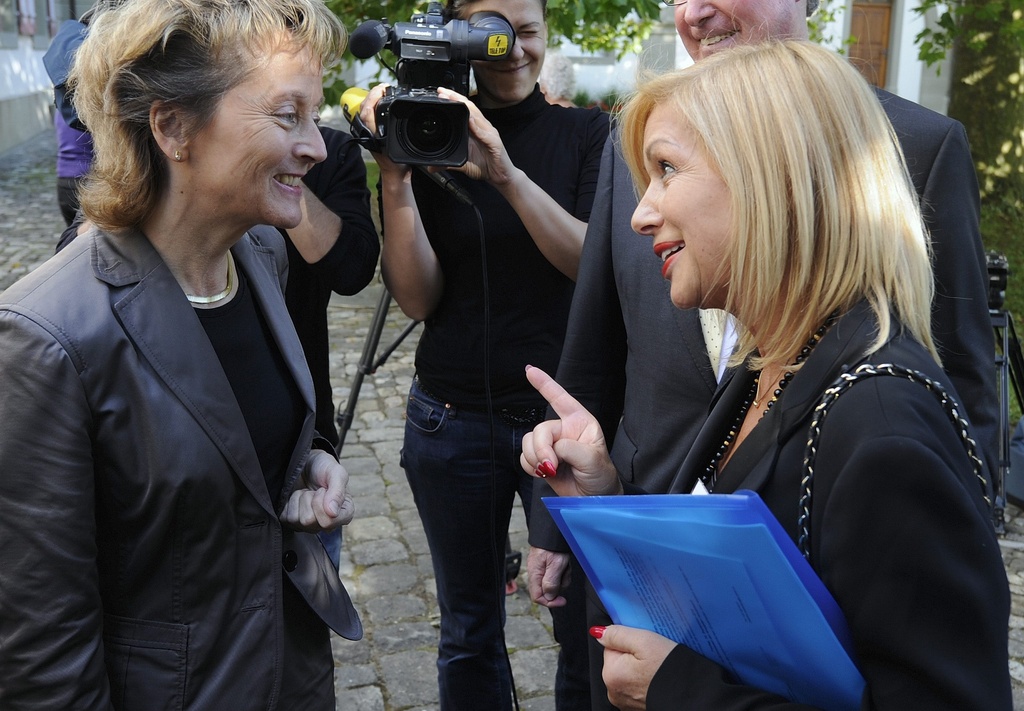
Justice Minister Eveline Widmer-Schlumpf has said sorry to young people sent to prison between 1942 and 1981 without a trial and despite having committed no crime.
She was speaking at a commemorative event at Hindelbank women’s prison, canton Bern, where up until the late 1960s girls aged 14-18 were placed for “administrative care” for no other reason than a recommendation from the guardianship authorities.
Although Hindelbank stopped its “re-education” policy in 1969, young people were still being deprived of their freedom without trial and any means of appeal until 1981, according to the federal justice ministry. They were often placed in institutions among genuine criminal offenders.
Reasons often included “depraved lifestyle”, “licentiousness” or “alcoholism”. Many cases involved young girls who got pregnant, were then shunned by their embarrassed families and ended up being forced to give up their babies for adoption.
Former victims were also present at the event, which was organised as a form of “moral compensation” They described their ordeals and the stigma of being an ex-con despite having never committed a crime, adding that after leaving Hindelbank they often faced discrimination.
Widmer-Schlumpf said law-makers had to ensure that such incidents never happened again, but added that even the best laws couldn’t legislate for everything and that more important was the involvement and sympathy of those who work with children.
Suppression
“We don’t know how many people were placed into administrative care. Those affected speak of thousands, but there are no official figures,” Folco Galli, spokesman for the justice ministry, told swissinfo.ch.
As for why it took so long for the authorities to apologise, Galli said the authorities were neither historians nor judges – “it’s not up to them either to pass judgement on an unresearched chapter of Swiss history or to condemn people or institutions for what they’ve left behind.”
He pointed out that the decisions were based on cantonal law and often involved the girls’ parents.
He also said the group looking for a government comment hadn’t approached the authorities until recently.
“It’s often the case that these people first suppress their experiences and only process them much later. But after this group came forward, the justice ministry and the relevant cantonal authorities looked for a solution.”
And will the victims be compensated financially? “The main thing for those affected is the apology – that will release them from the stigma of having been in prison despite never having committed an offence,” he said.
Galli pointed out however that the authorities had rejected paying compensation to people who had been sterilised against their will for fear of creating a precedent.
“A draft for a sterilisation law envisaged compensation of up to SFr80,000 ($78,500). A few years before that, victims of the Kinder der Landstrasse project [see below] were paid up to only SFr20,000.”
Living with murderers
One of the former victims at Hindelbank on Friday was Ursula Müller-Biondi, daughter of an Italian father and a Swiss mother (who in those days forfeited her Swiss citizenship for marrying a foreigner).
In 1967, aged 17, Müller-Biondi fell in love with a 24-year-old, also from Zurich. But because he was divorced they couldn’t marry – and unmarried couples weren’t allowed to live together.
Wanting to get away from pressure at home – her father was concerned his daughter’s behaviour was jeopardising their naturalisation application – the couple fled to Italy.
They were soon found, and when Müller-Biondi turned out to be five months’ pregnant, she was handcuffed and escorted to Hindelbank for two years of “re-education” – with her parents paying for the privilege.
She was locked in a room from 6.30pm till 6.30am – at the weekends for the whole day, except for mealtimes and one hour during the day when she was allowed to go into the prison courtyard with the other inmates – some of whom were in for murder.
Ten days after the birth of her son, he was taken away from her and put up for adoption. However, after three months he was returned to her following her insistent demands. Not all young mothers were so lucky.
Müller-Biondi was eventually released after more than a year at Hindelbank. She is now a successful author and educator.
Not a one-off
Hindelbank is not the only shocking chapter in Switzerland’s recent history.
Forced sterilisations took place throughout the 20th century. According to a 1991 study by the Swiss Nursing School in Zurich, 24 mentally disabled women aged 17-25 were sterilised between 1980 and 1987.
There was also the case of the so-called Verdingkinder (“discarded children”). Until the 1950s it was common practice for poor Swiss families to give or sell their children to farmers.
Many Verdingkinder suffered both physically and emotionally. Some farmers did not feed the children properly, which affected their growth and development. Many were beaten and some were sexually abused.
In addition, the story of the Swiss gypsy people, known as the Jenisch, exposed a calculated policy of Nazi-style eugenics carried out behind closed doors well into the 1970s.
In 1926, the Swiss government approved a project set up by the children’s charity Pro Juventute intended to eliminate vagrancy. Entitled Kinder der Landstrasse (“Children of the Road”), it effectively sanctioned child abduction: police seized more than 600 Jenisch newborns and infants from their mothers without warning and carted them off to orphanages run by Pro Juventute.
In 1972 a Swiss magazine exposed the project, to universal public outrage. Pro Juventute closed the operation down a year later, and yet, according to official reports, there were about a hundred victims of Kinder der Landstrasse still incarcerated in clinics and institutions in 1988, after the Swiss government had formally acknowledged its moral, political and financial responsibility for the abductions and apologised to the Jenisch.
Number of prisons: 115
Number of detention places: 6,654
Total prison population: 5,715
Proportion of female detainees: 5.5%
Proportion of foreign nationals: 69.7%
Source: Federal Statistics Office, 2007 data
In Switzerland there are two sets of sanctions for crimes – penalties (e.g. prison sentence) and preventive measures (such as preventive detention or therapy).
In most cases only penalties are applied. But if the person is deemed a danger to the public, a preventive measure can also be imposed.
Life sentences are imposed for a small number of crimes such as murder, hostage taking and crimes against the sovereignty of the state. A prisoner is eligible for early release after 15 years if they are no longer deemed a risk.
In 2004 Swiss voters accepted an initiative to make mandatory the lifelong incarceration of sexual and violent offenders having committed a life sentence crime (e.g. murder). This was found to be legally problematic, so parliament ruled that early release could be offered to these offenders. But the procedure for obtaining this is so sophisticated, that it is in practice not very easy.

In compliance with the JTI standards
More: SWI swissinfo.ch certified by the Journalism Trust Initiative

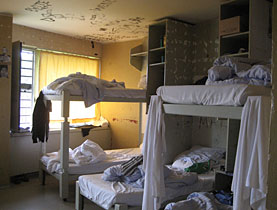
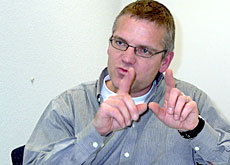
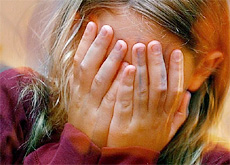
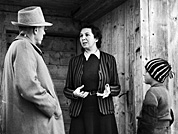
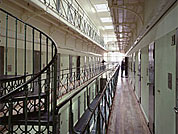
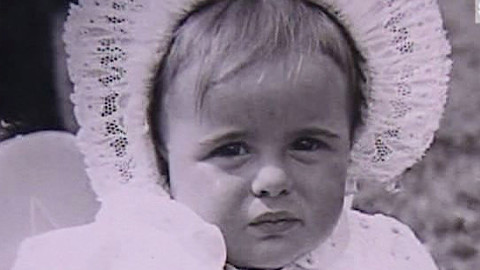
You can find an overview of ongoing debates with our journalists here. Please join us!
If you want to start a conversation about a topic raised in this article or want to report factual errors, email us at english@swissinfo.ch.